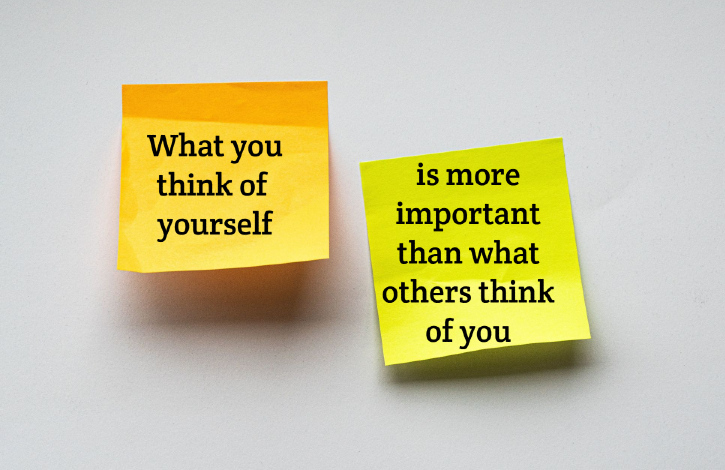
I recently finished reading “The Looking Glass” by Richard Paul Evans. It’s a quick read covering much territory involving grief, caregiving, spiritual connection, and labeling people. Set in the gold rush era in Western America, it mentions the Chinese who immigrated here to try their hand at gold mining. Those white-skinned and established here used the nickname “Johnnies” for the brown-skinned Chinese, a name originating from the British who didn’t want to learn to pronounce Chinese names. The label served as a means to join angry, frustrated, uneducated, and scared men in their quest to rule with power.
Labels are about control and our insecurities about ourselves and each other.
I’ve wanted schools to have compassion or talk circles for a decade. Some schools in the United States do, and they are more prevalent in Europe. They are effective in helping to create an understanding of each other.
So, rather than focusing on behavior patterns or definitions based on judgment and perception, the focus is on bringing students and staff together through kindness, compassion, and understanding of what makes us who we are. What is not understood is allowed to rest until it can be understood.
In one such experience, a group of students met every afternoon to form a safe space to connect. Within the group, some were talkative; some were not. No one had to share who didn’t want to, but everyone’s response was honored. No response was wrong, and there was no judgment. When you spoke, you held a feather. When you finished, you passed it to another.
The feather served two purposes. One purpose is that it reminded the speaker that they were taking the space to talk and to remember others in the group. The other purpose was to give you something to hold if you were uncomfortable.
There were two students in the group who were known as bullies. One was a young man, and the other was a young woman. One afternoon, the young man shared that his father had died. It made him angry and sad, sometimes to the point of depression. He felt no one cared. He missed his dad and wished he could talk about it with someone who could understand.
When he finished, the young woman exclaimed that her mother had died a few years ago, and she had the same feelings. She was angry and afraid to tell anyone. She hated that other kids had mothers. These two kids bonded over grief from the loss of a parent. The experience created a larger conversation with other students. They no longer felt alone and felt safer. Over time, they made an anti-bullying campaign for their school.
What would have come of these two young people if they hadn’t had the opportunity to share their story? What if, instead, they had continued to experience expulsion from school or died by suicide? Are we investing our energy well when we focus on labels and definitions? Or is our energy better spent on understanding and connection?